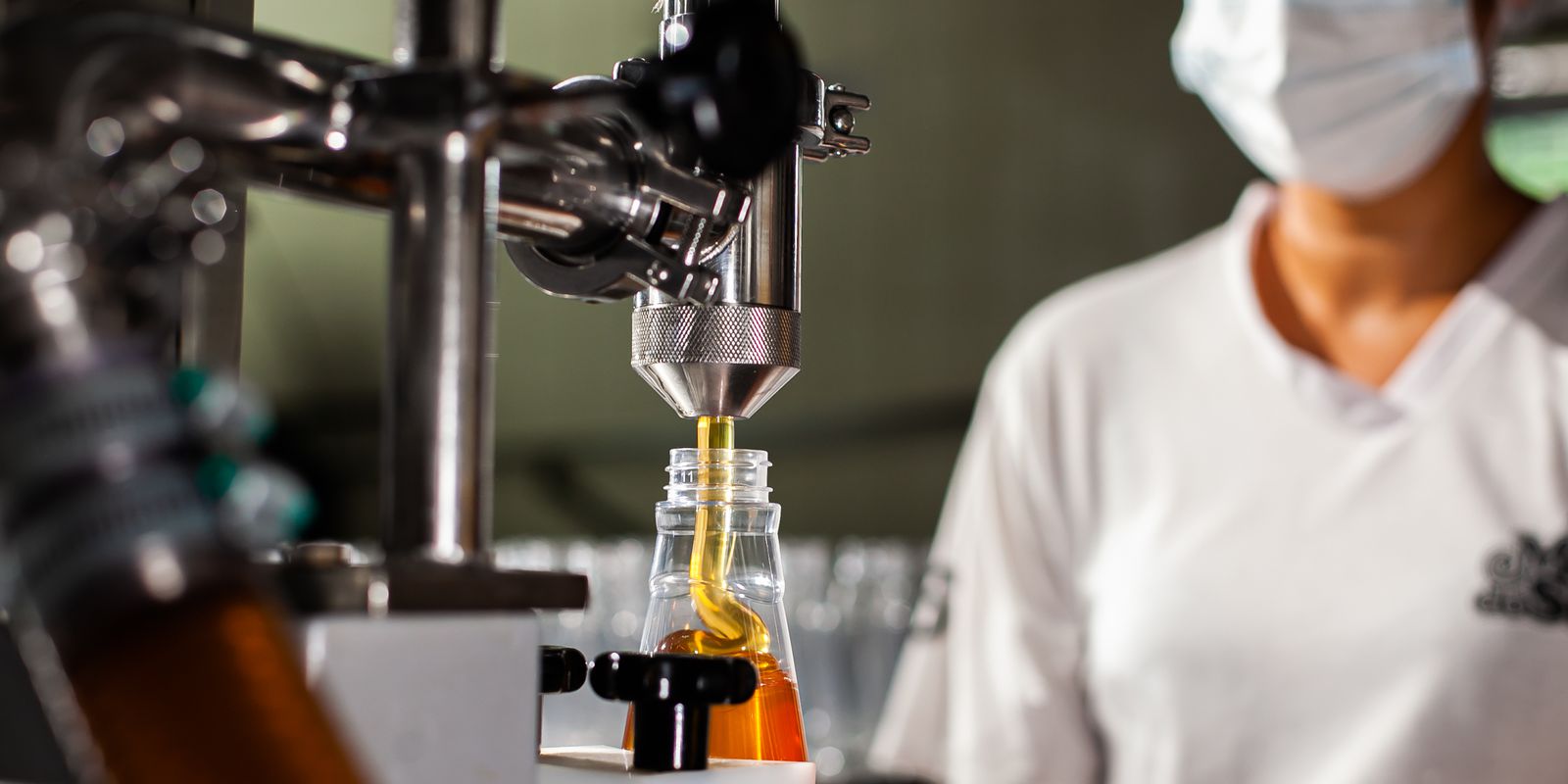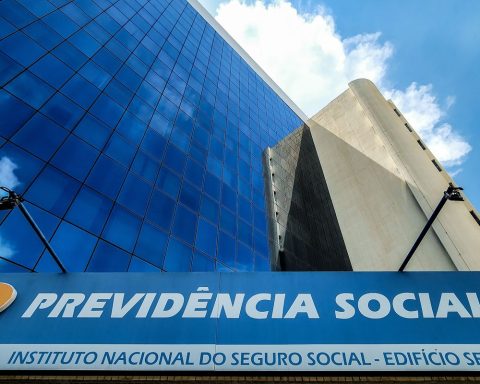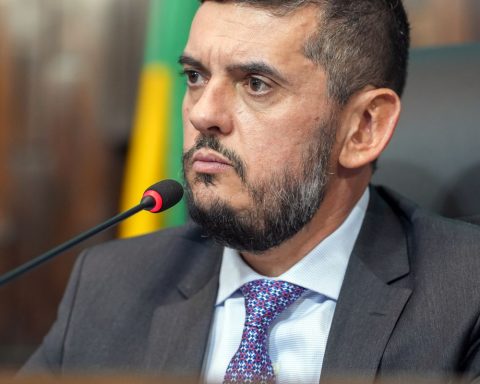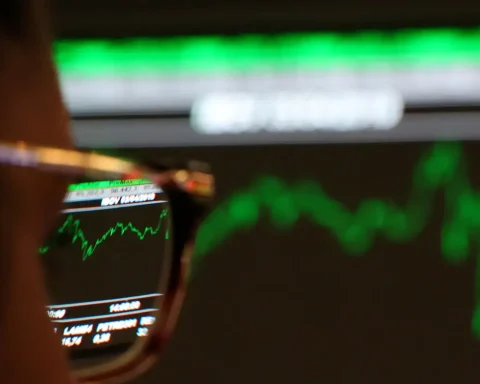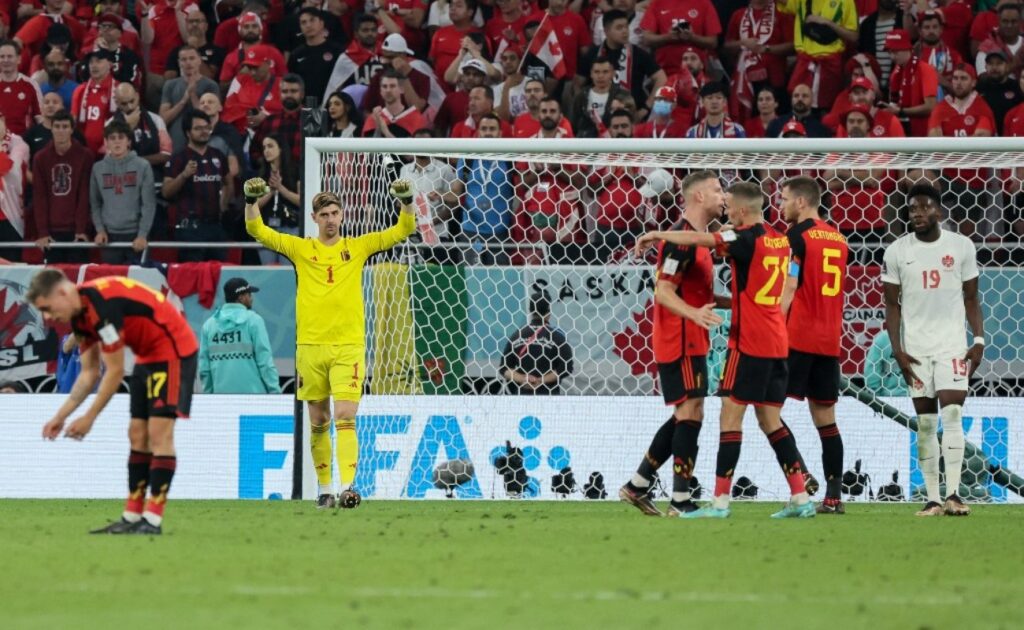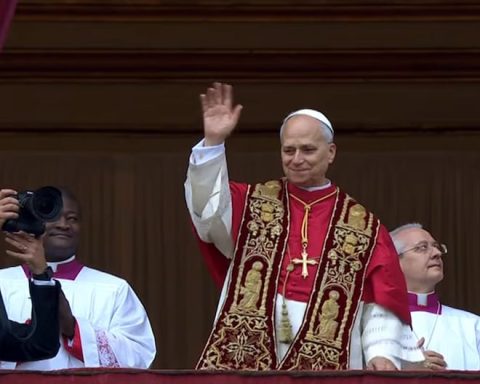The Economic Climate Index (ICE) in Brazil, measured by the Getulio Vargas Foundation (FGV), grew 30 points from the third to the fourth quarter of this year and reached 84.5 points, on a scale of 0 to 200. This is the best result of the indicator, calculated based on the evaluation of experts in economics, since the third quarter of 2021 (118.5 points).
The Current Situation Index, which measures the present, rose 49.4 points in the period and reached 92.3. The Expectations Index, which calculates the assessment of the coming months, advanced 10.2 points and reached 76.9.
The Brazilian ICE was the one that grew the most among the ten Latin American countries surveyed in the last quarter of this year compared to the previous quarter. On average, the expansion of the region was 11.8 points.
Four other nations had increases besides Brazil: Mexico (14 points), Paraguay (13.6), Peru (7.8) and Bolivia (3.8).
Fall
Five countries had a decrease: Chile (-1.7 points), Argentina (-4), Colombia (-4.1), Ecuador (-5.5) and Uruguay (-14.4).
With the rise, Brazil’s ECI became the third highest in the region, behind only Paraguay (114.7 points) and Uruguay (108.2 points). In Latin America, the average ICE is 66.5 points.
The main problems pointed out by specialists in the country are the lack of innovation, inadequate infrastructure, lack of international competitiveness, increasing income inequalities and lack of skilled labor.
